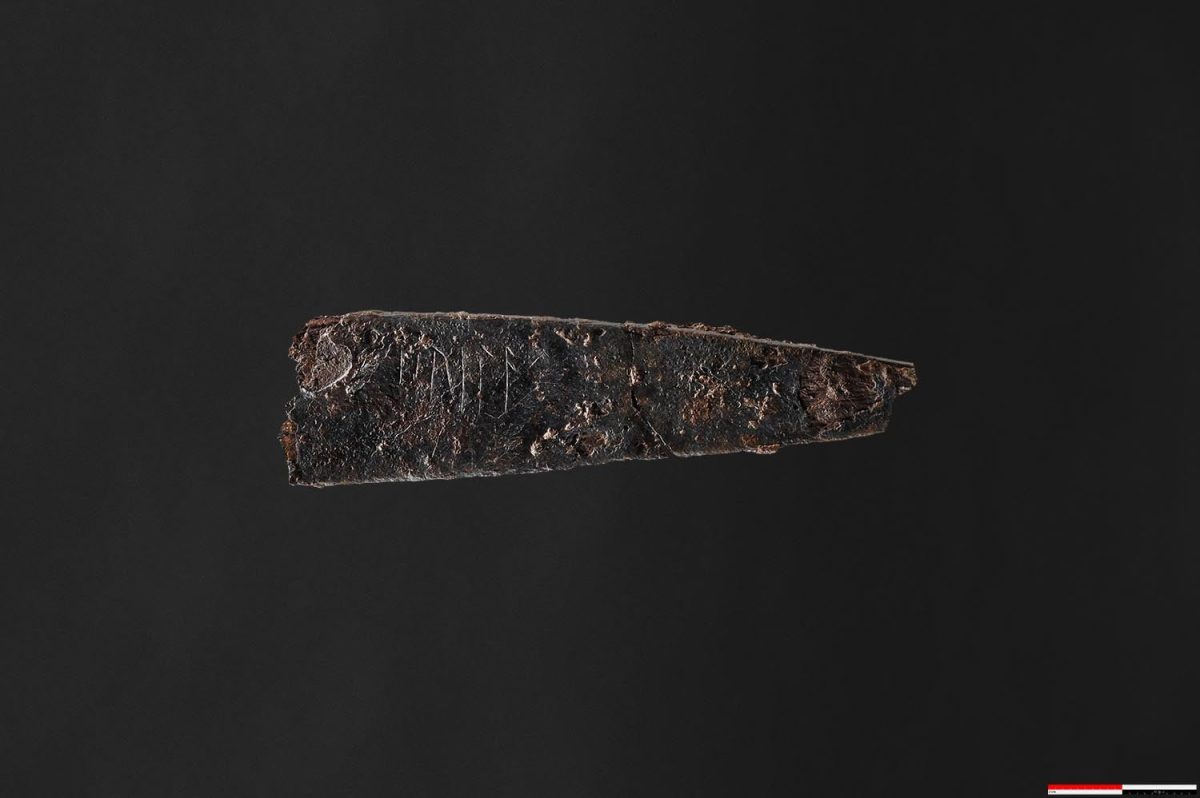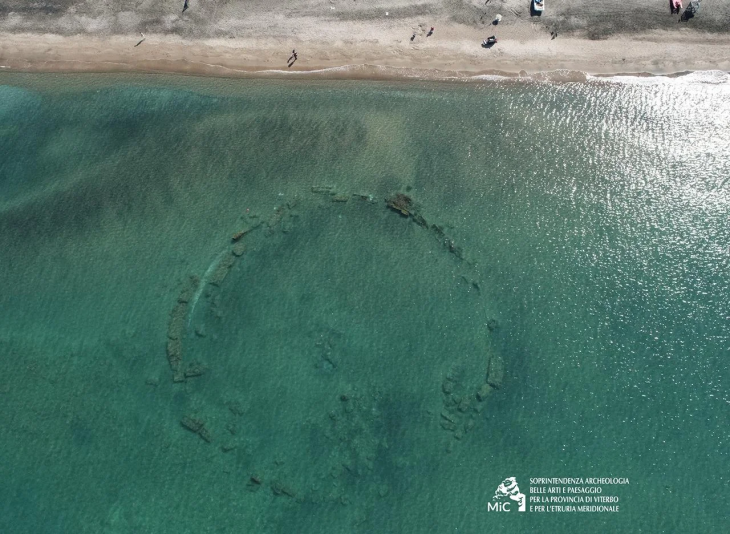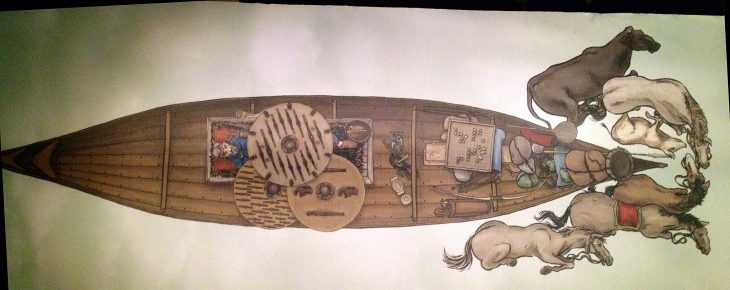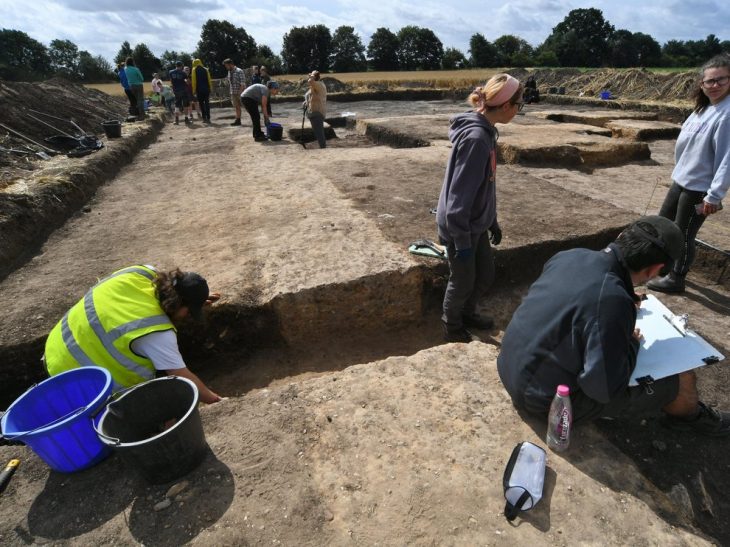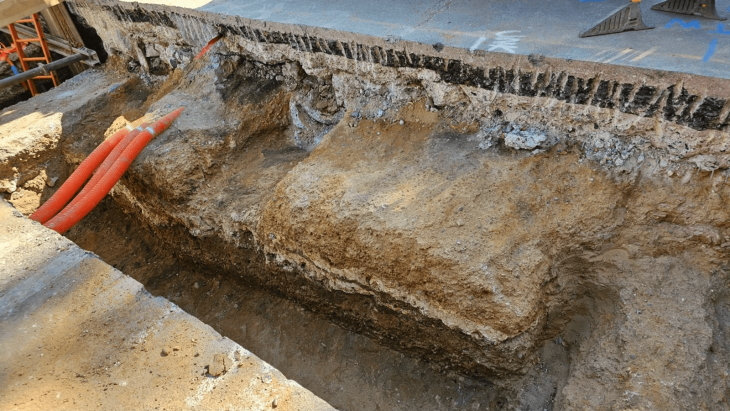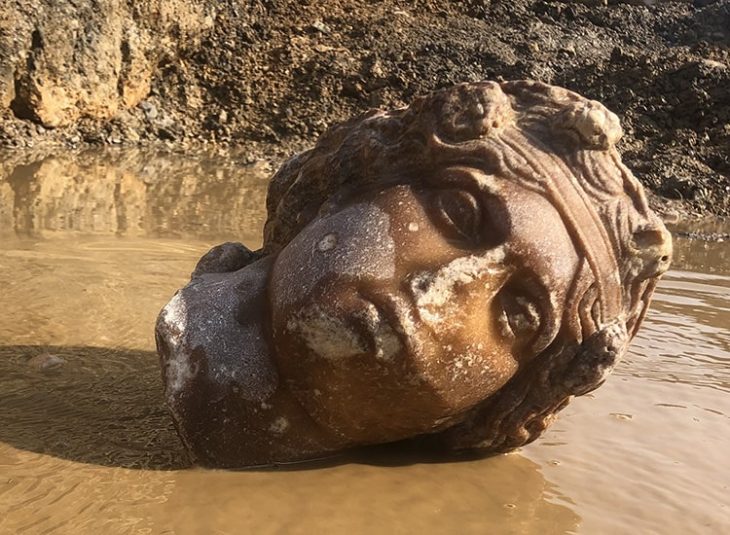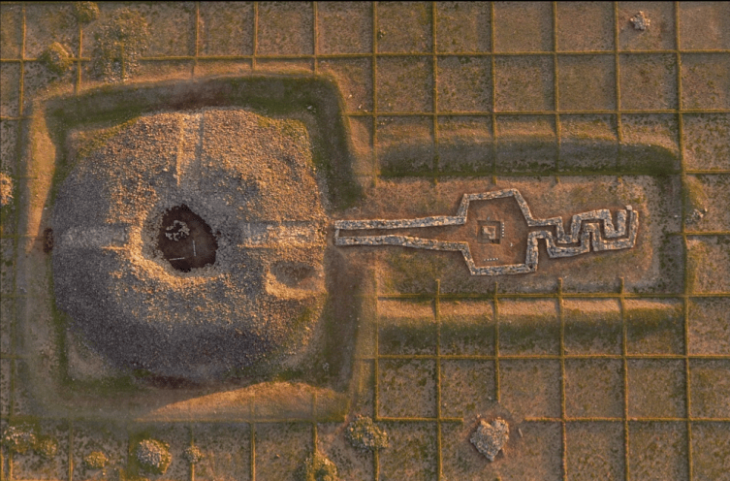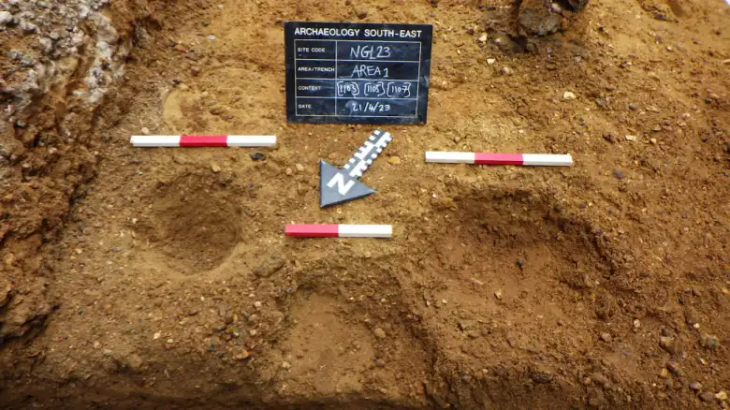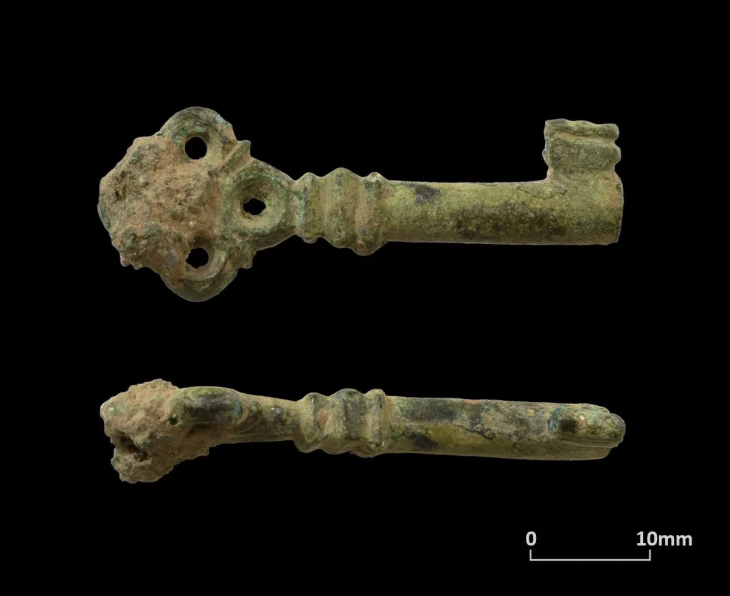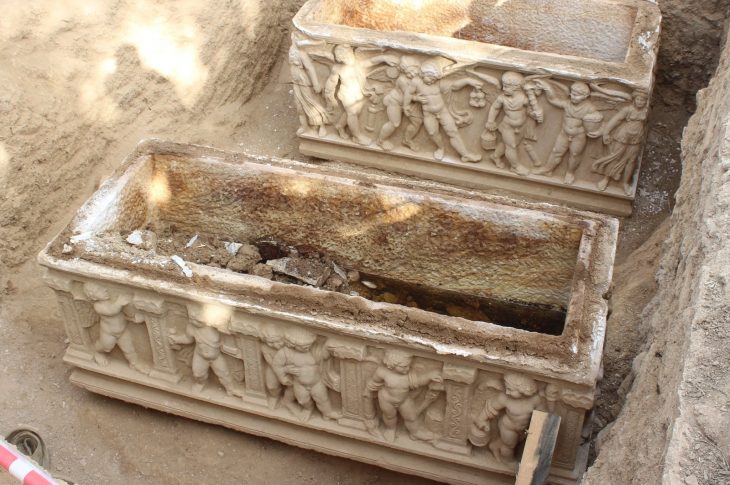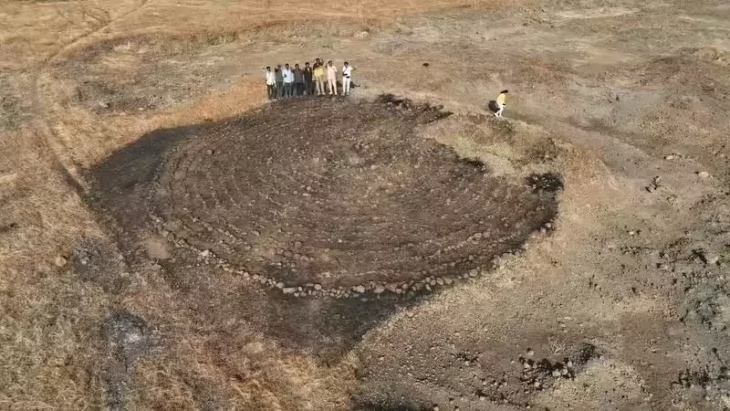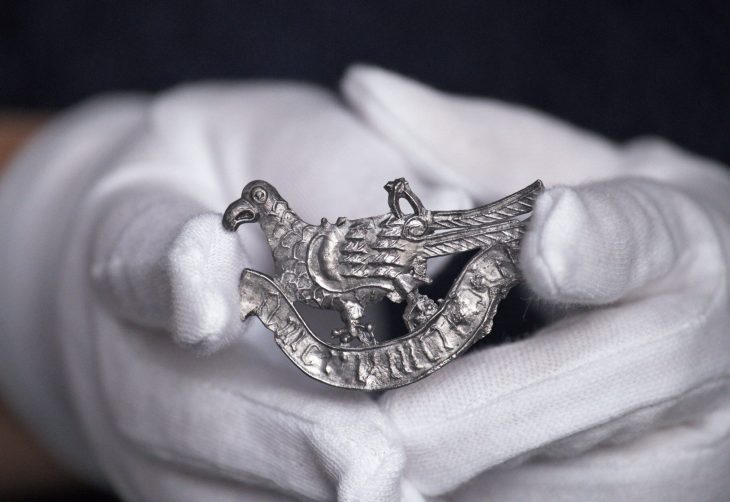Archaeologists have found a small knife with a completely unique runic inscription that can be dated almost 2000 years ago.
Archaeologists from Museum Odense have found Denmark’s oldest runic inscription, hirila, inscribed on a nearly 2000-year-old knife blade. The knife was found under the remains of an urn grave in a small burial ground east of Odense on the island of Funen and can be dated as far back as 150 AD.
On the 8cm iron knife, the five characters, each about 0.5cm tall, followed by three grooves, spell out hirila, which means “little sword” in Old Norse.
They, along with an inscribed bone comb discovered nearby in 1865, are Denmark’s oldest runes. Jakob Bonde, the city’s museum curator and archeologist who made the discovery, said he initially thought it was an ordinary knife because the runes were not visible, but after conservators cleaned it, it was clear that it contained a word.
The runes on the knife are written with the oldest known runic alphabet, and therefore the new find is a very important part of the understanding and interpretation of the very oldest use of writing in Denmark and the Nordic region.
📣 Our WhatsApp channel is now LIVE! Stay up-to-date with the latest news and updates, just click here to follow us on WhatsApp and never miss a thing!!
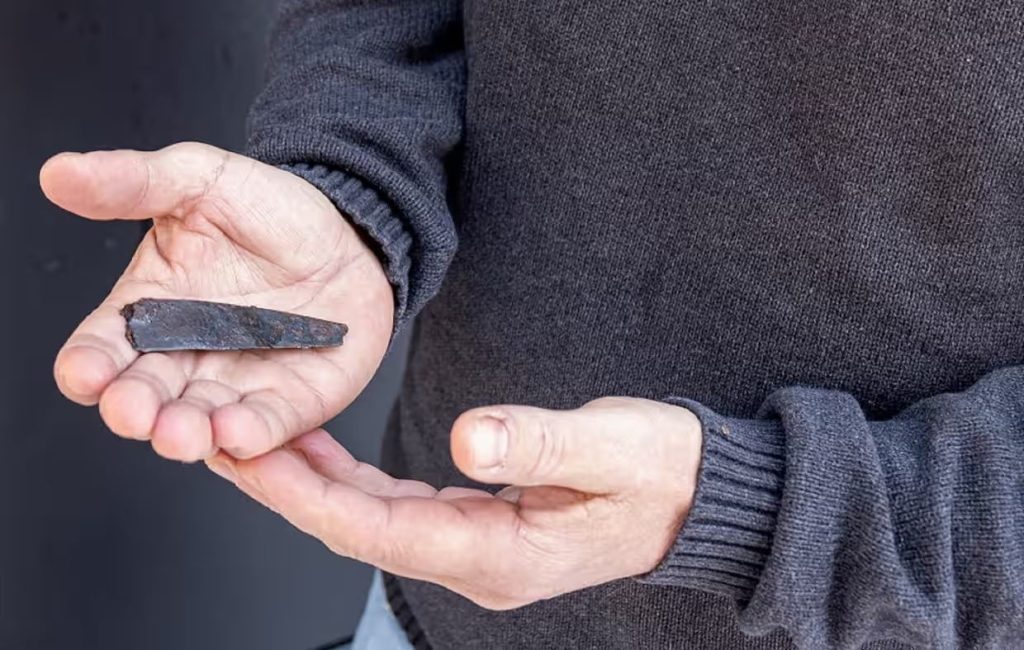
“It’s like getting a note from beyond, from the past. It’s an extraordinary find for us and it says something about the development of the earliest Scandinavian language,” Jakob Bonde said.
Whether hirila is the name of the knife itself, or whether it is the name of the knife’s owner, Museum Odense archaeologists cannot determine with certainty. But there is no doubt that it was a treasured possession.
Lisbeth Imer, a runologist from the National Museum of Denmark, said:
“It is incredibly rare that we find runes that are as old as on this knife, and it is a unique opportunity to learn more about Denmark’s earliest written language and thus also about the language that was actually spoken in the Iron Age. At that time in ancient times, literacy was not particularly widespread, and it was therefore associated with a special status and power to be able to read and write. At the beginning of the history of the runes, the scribes constituted a small intellectual elite, and the first traces of such people is to be found on Funen.”
The knife will be on display at Museum Odense in Møntergaarden starting February 2nd, alongside other artifacts discovered at the site.
Cover Photo: Museum Odense

